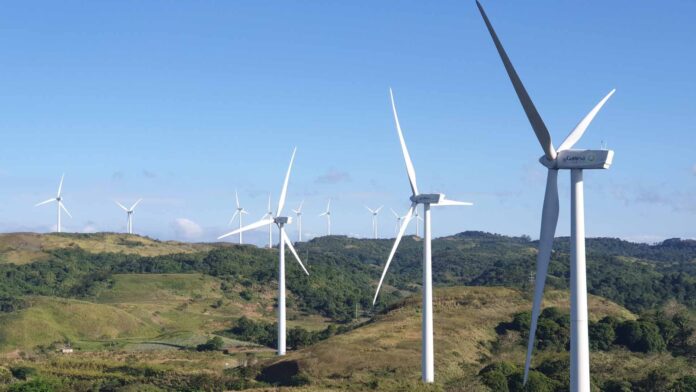The increasing destructive effects of climate change have prompted governments towards immediate action—to reach net-zero emissions by 2050. To achieve this goal, private and public sectors are banking on impactful global activities to help reduce greenhouse gas emissions. But with such initiatives requiring significant financial resources of almost one to two trillion dollars a year, the financial industry plays a critical role in both financing and expertise.
In the Philippines, the local banking industry can leverage its resources and reach to hasten the transition towards a more sustainable future. As a financial intermediary, banks have the opportunity to drive financial investments towards renewable energy or climate adaptation technologies and to provide expertise towards achieving sustainable economic and business models.
With over 1,400 branches nationwide, BDO Unibank, Inc. (BDO) has continuously accelerated efforts in sustainable finance as part of its Environmental, Social and Governance (ESG) journey. According to Marla Garin-Alvarez, Vice President for Sustainability at BDO, the Bank has long practiced sustainability in its business operations to achieve stability and resilience in the financial value chain.
“We recognize that a strong foundation for inclusive economies and a sustainable future is having a robust banking system which provides multiple ways to promote positive environmental and social impact. This is why our sustainability framework is focused on resilience and embeds ESG in everything that we do as a bank,” said Garin-Alvarez.
In 2010, BDO was among the pioneers of promoting renewable energy and energy efficiency project financing by putting together a risk-based Sustainable Energy Finance Program in partnership with the International Finance Corporation, the private banking arm of the World Bank.
While in 2017, BDO was the first to offer a green bond in the financial industry in the country and in the East Asia Pacific. This provided USD$150 million to seven renewable energy projects which have since been expanded to 50 renewable projects nationwide.
In over a decade of pursuing Sustainable Finance, BDO has financed up to 2,184 megawatts of the country’s total installed renewable energy capacity. BDO supports the Philippine Development Plan 2017-2040 which aims to reduce 70% of the Philippines’ greenhouse gas (GHG) emissions by 2030. Recently, its Sustainable Finance Framework (SFF) was endorsed by Sustainalytics, a leading independent ESG research and ratings provider in New York which makes BDO well positioned to issue sustainable finance instruments.
As one of its earliest flagship projects to provide renewable energy in the country, BDO provided the project finance structure and co-financed Alternergy Wind One Corporation’s wind farm in Pililia, Rizal. Today, the wind farm generates 146,642 Megawatt-hours each year and avoids 64,927 tonnes of carbon dioxide (CO2) a year. The project provides clean energy to 66,000 households and creates various business infrastructure, learning and tourism opportunities for its immediate community.
Over the years, BDO’s Sustainable Finance Desk has expanded its scope to include energy efficiency, climate-smart agriculture, green infrastructure, and clean transportation.
“BDO recognizes its critical role in contributing to a lower carbon economy through its financial resources, extensive operations and network,” said Garin-Alvarez. “We are committed to promote environmentally-sound and climate-resilient practices to support our customers, communities, and the country.”






